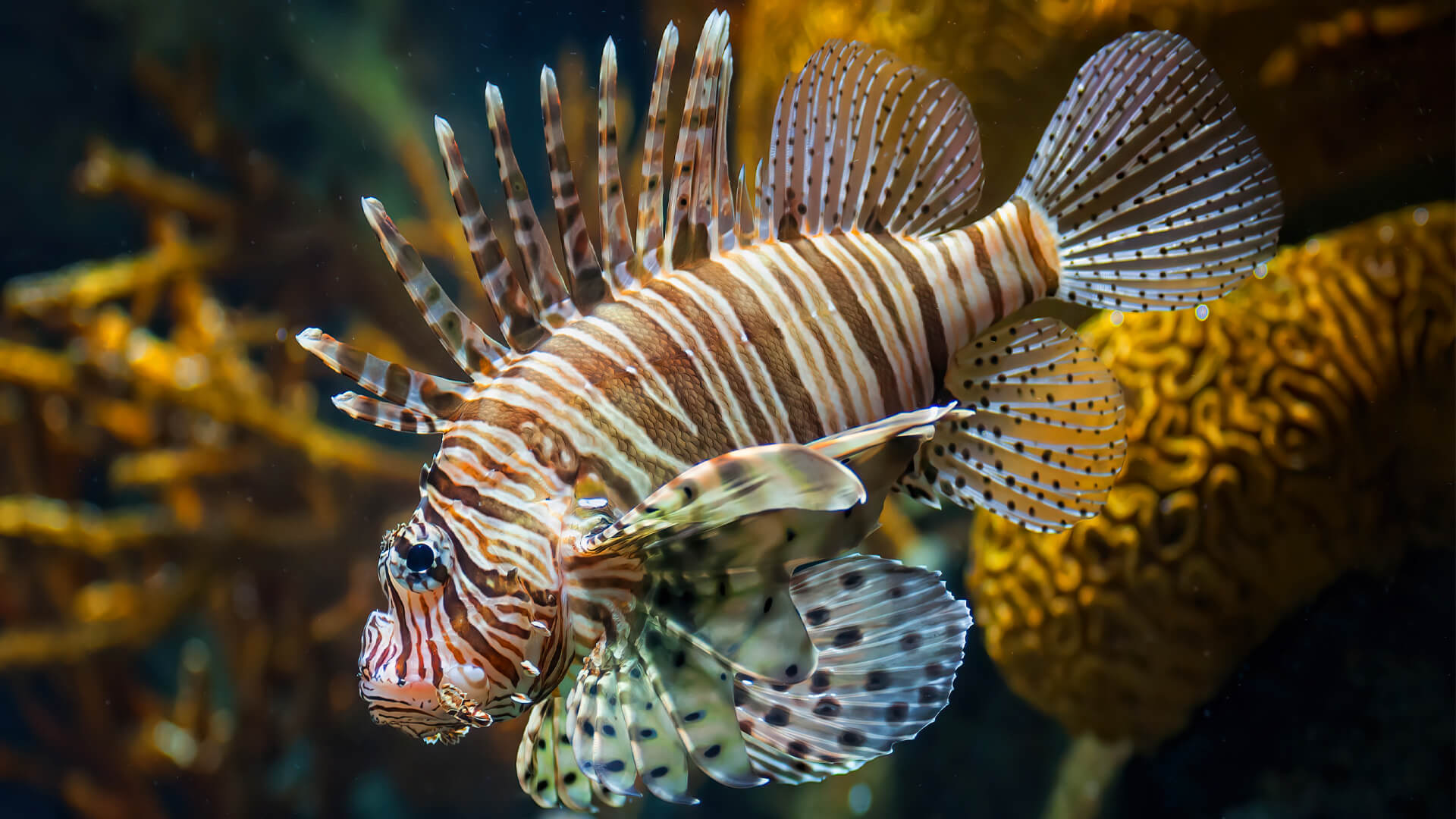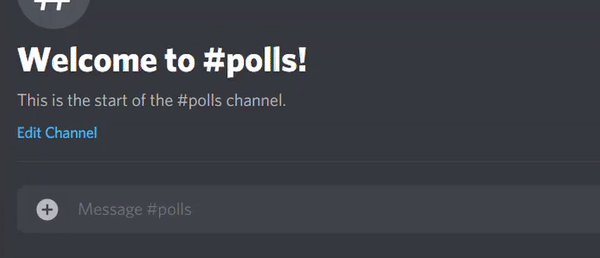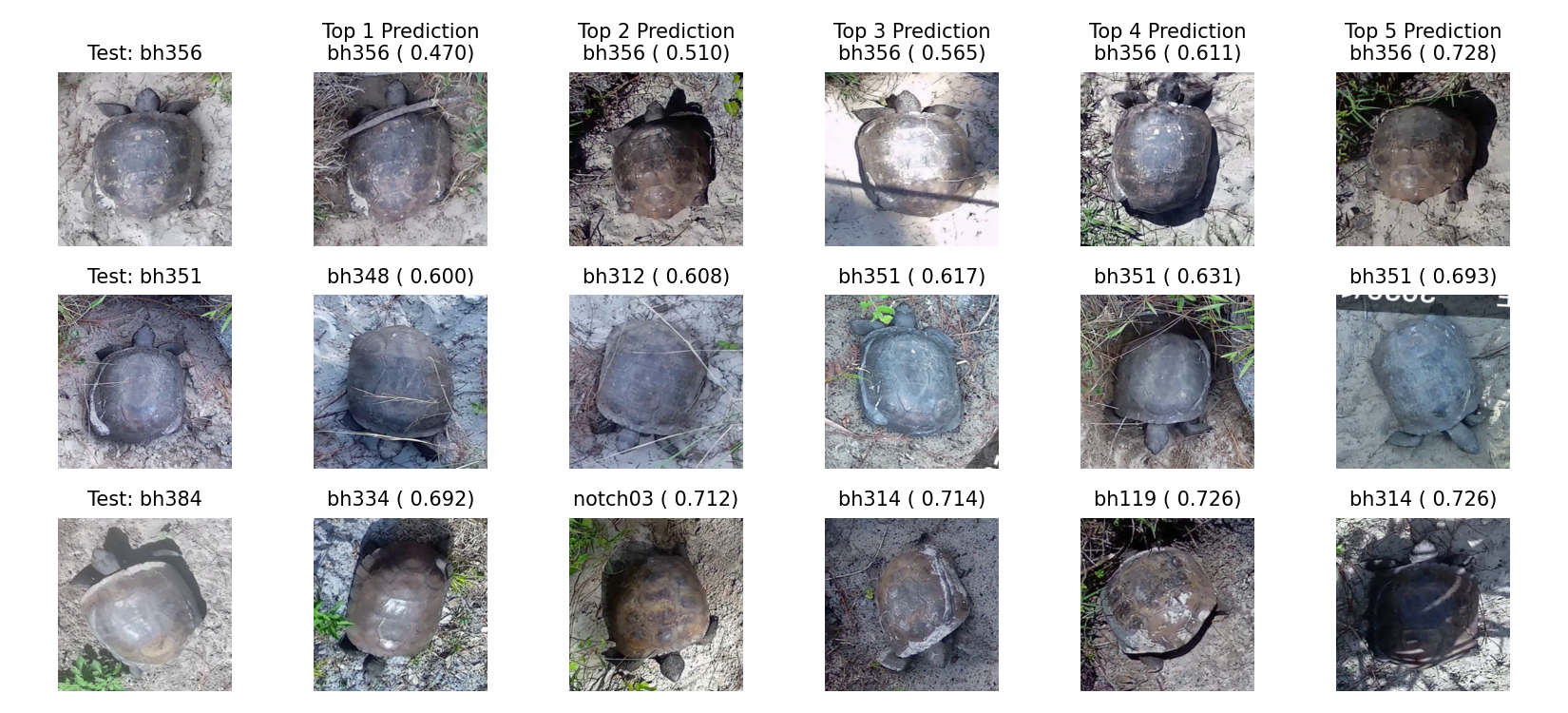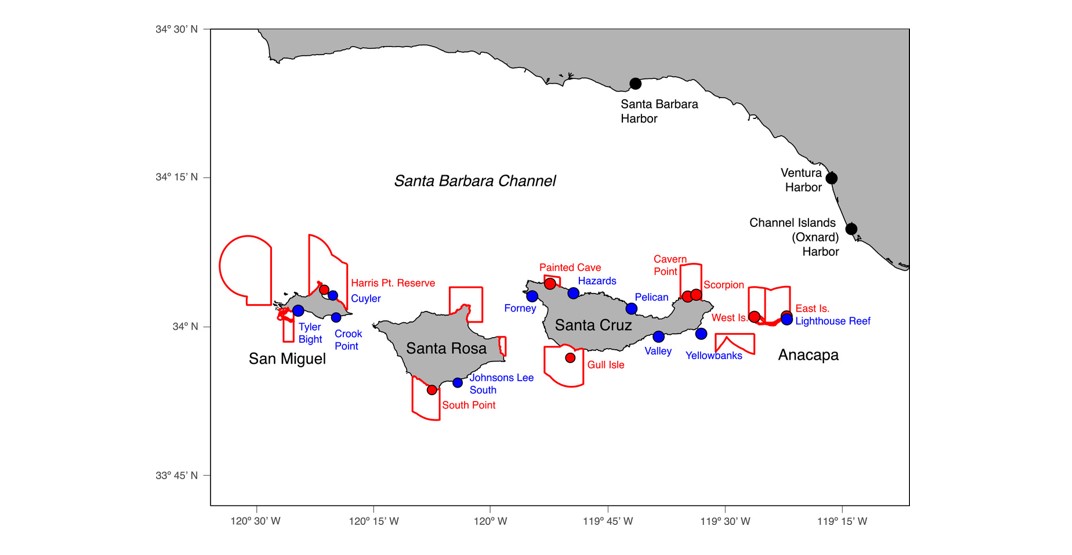Projects

biod
I created an R package out of functions I used to perform biodiversity analyses on data from visual dive surveys I conducted with a group for my Winter Term in Roatan, Honduras. We conducted a study on the effects of lionfish derbies on the native predator fish assemblages (which now compete with the invasive lionfish). This package has functions to find species richness, species evenness, and Shannon diversity index for uni-, bi-, and multivariate data from a csv file. 'biod' also includes some functions for graphing the diversity values.
Tech Used: R (dplyr, ggplot), RStudio
Code: Not Available

Raxin
I created a discord bot called "Raxin" to facilitate reaction polls in Discord. I was the president of Tabletop Club at Eckerd College when COVID hit the US in March 2021, so when Tabletop Club had to go virtual I chose Discord as the solution. When we split out into groups or were deciding what games to play, it was often way too chaotic to go off of the chat or audio conversations. I decided to create a bot to easily and intuitively create polls where people could respond using the given reactions attached to the polls. This bot was used many times when we were virtual and still when we phased back to in-person meetings.
Tech Used: Javascript, Node.JS

This Website
I was assigned to take "Creation of a Personal Web Presence" for Autumn Term my first year at Eckerd. This class taught how to create a website using HTML and CSS, as well as incorporated discussions about ethical problems in the social media sphere. During sophomore year, I decided to take some time to learn more about CSS and JavaScript by making this site!
Tech Used: HTML, CSS, JavaScript


